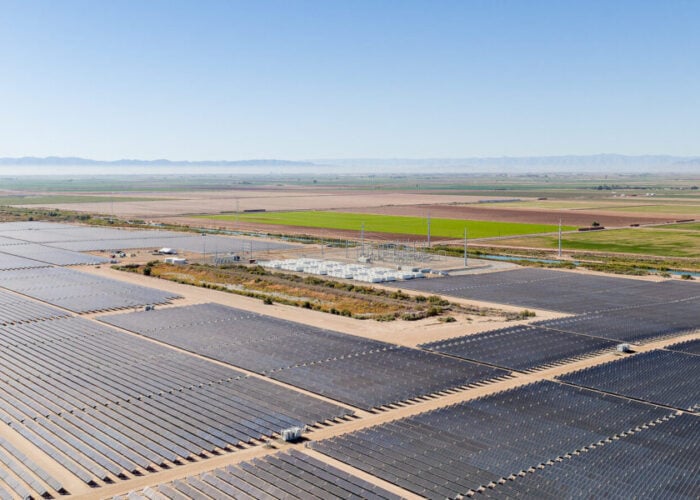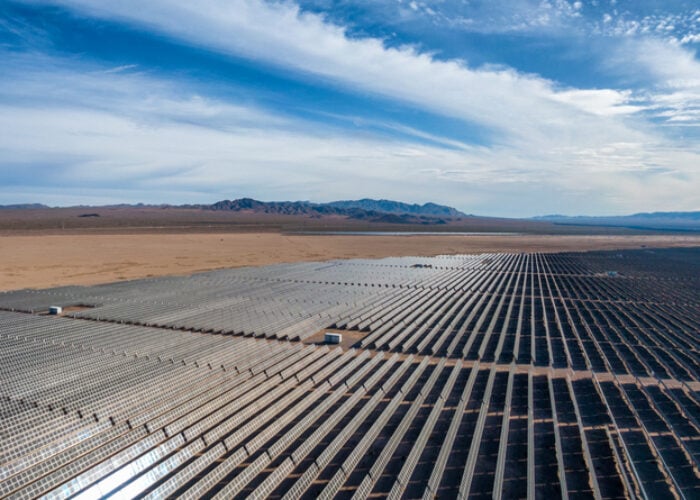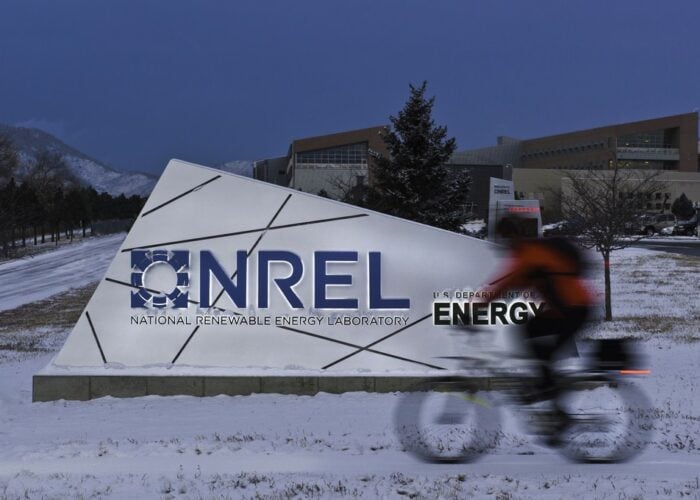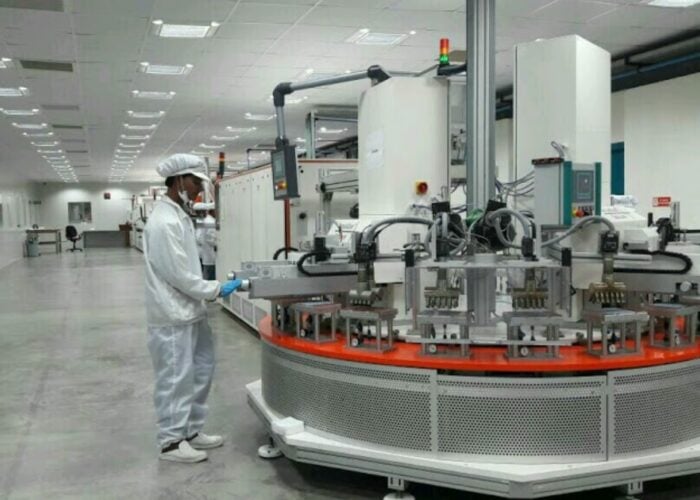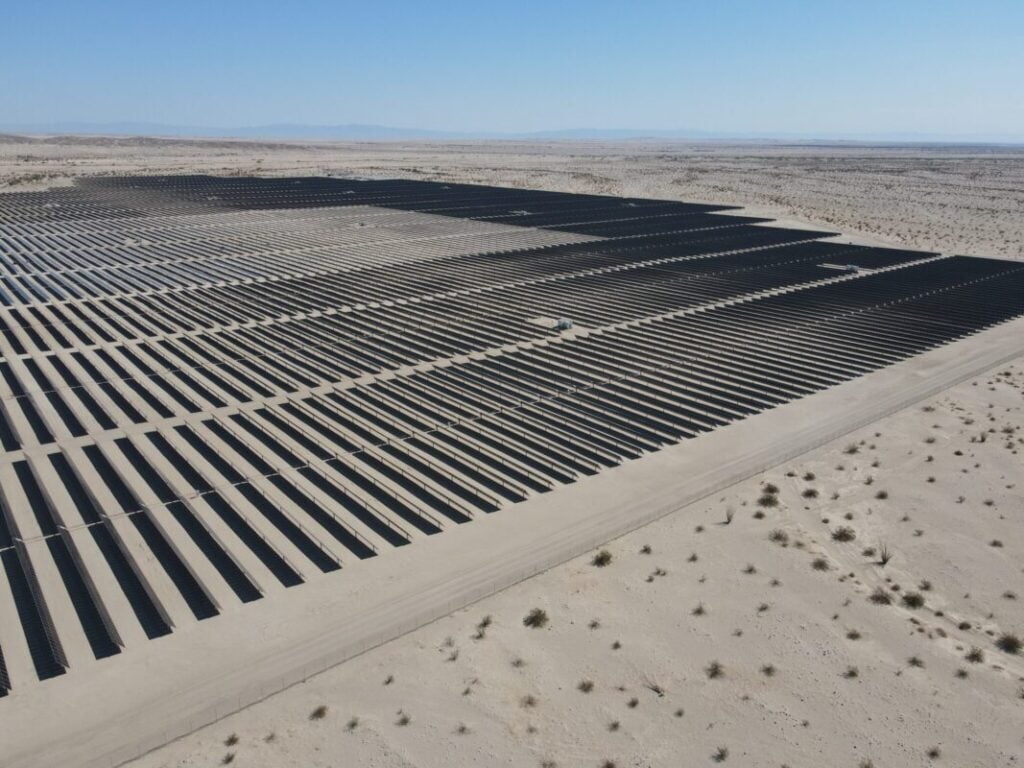
Korean-owned solar manufacturer Qcells has commissioned a 50MW/200MWh solar-plus-storage project in California.
The project, which is owned by commodities trader Vitol, is contracted under a power purchase agreement (PPA) with Silicon Valley tech giant Meta to support its ongoing decarbonisation efforts.
Try Premium for just $1
- Full premium access for the first month at only $1
- Converts to an annual rate after 30 days unless cancelled
- Cancel anytime during the trial period
Premium Benefits
- Expert industry analysis and interviews
- Digital access to PV Tech Power journal
- Exclusive event discounts
Or get the full Premium subscription right away
Or continue reading this article for free
The Ocotillo Wells project in San Diego County features over 113,000 of Qcells’ modules. The company produces modules, cells and wafers at its manufacturing facilities in the state of Georiga.
Qcells completed the project through its engineering, procurement and construction (EPC) wing, which it says offers turnkey solutions for utility-scale solar and energy storage projects.
President of Qcells USA, IP Kim, said: “Getting to the finish line on a project like this reflects our dedication to providing energy solutions that support the growth of American energy. We are honoured to contribute to the energy landscape and execute another clean energy project that aids America’s energy transition.”
Along with other US tech and cloud giants, Meta is one of the world’s largest buyers of renewable energy. Last week the company inked an environmental asset purchase agreement (EAPA) with Pine Gate Renewables for a 204MW solar project in Texas. In 2022, Meta was the second-largest US corporate buyer of renewable energy, behind Amazon and ahead of Google.
Qcells has played a notable role in the proliferation of clean energy purchases by US tech companies. In January 2023 it penned a 2.5GW module supply agreement with Microsoft to deploy its US-made modules at sites where Microsoft will hold PPAs. This deal was heralded as the first of its kind at the time, whereby a module manufacturer signed a supply deal with an end-user of power rather than with an EPC or project developer. In January this year, the deal was expanded to 12GW of modules to be delivered through 2032.
Last week, Qcells announced a partnership with Israeli solar technology company Lumet to use its fine-line metallisation technology in its US solar cell production. The technology reduces the amount of silver needed to produce solar cells, Lumet said, which can in turn reduce the cost of production (and subsequently the cost of project investment) and increase efficiency by reducing the shading on cells.

